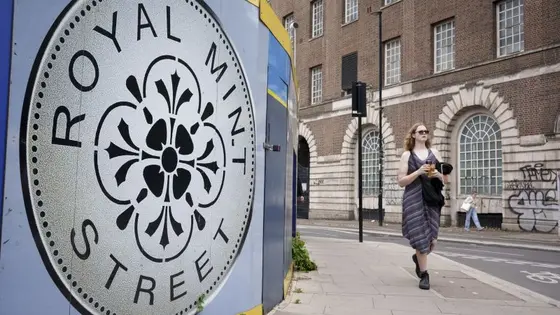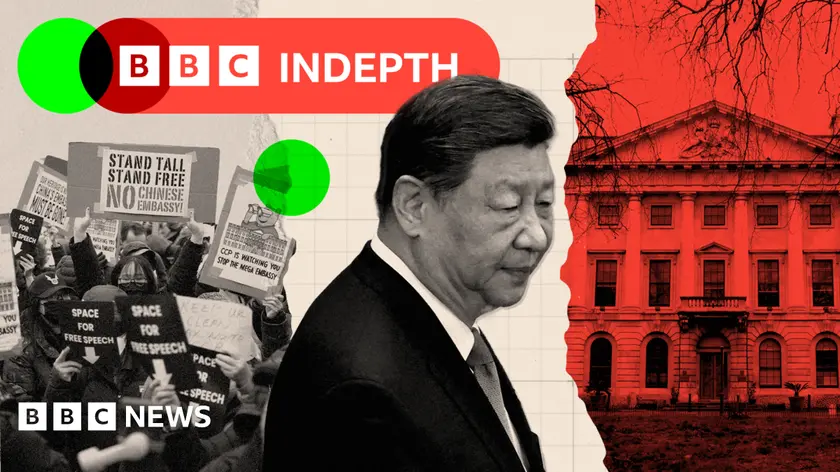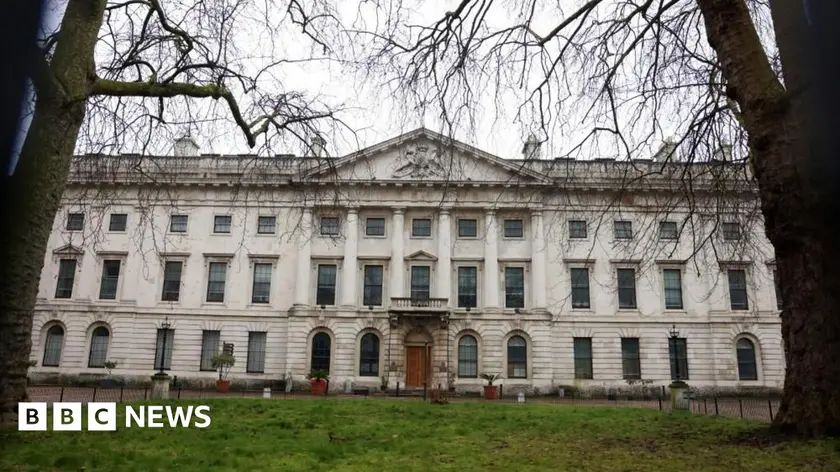T4K3.news
Potential new Chinese embassy in London
Londoners near Royal Mint Court face a major diplomatic decision with security and privacy implications.

Residents near Royal Mint Court worry about safety and privacy if Beijing's embassy becomes a reality.
China's London embassy plan stirs local fears
London is the backdrop for a high stakes diplomatic move. China plans to transform the empty Royal Mint Court site into its largest embassy in Europe, a project that would involve hundreds of millions of dollars in redevelopment and raise the profile of a building once tied to Britain's coinage. The decision now rests with UK ministers, with a final ruling expected by early September after prior rejection and a time of renewed diplomatic openness.
Locals face a mix of potential benefits and real concerns. While some see a boost for the area’s economy and urban life, residents fear espionage, invasive oversight, and a visible diplomatic presence that could wire private space into international politics. Security officials warn that mass demonstrations could disrupt traffic around a major tourist zone, while campaigners point to Beijing’s broader crackdown on dissent as a reason to scrutinize any foreign outpost. The situation is further complicated by land ownership issues, because hundreds of nearby homes sit on land now controlled by China, creating a new kind of boundary within a historic London neighborhood.
Key Takeaways
"The building is such a UK monument it was the Royal Mint"
Barry on heritage value being handed to a foreign government
"So quite easily you could be taking a photo of something and they’re going to think you’re spying"
Nygate on privacy and surveillance risks around the site
"It’s too close to Tower Bridge"
Anonymous resident voicing proximity safety concerns
"Beijing’s long arm law enforcement could put opponents at risk"
Rights groups warn of espionage risks linked to the embassy
The plan spotlights a broader tension in London between economic development and public accountability. A flagship embassy can bring investment and prestige, yet it also raises questions about who controls the surrounding space and how residents are treated as neighbors to a foreign government. The local debate mirrors national questions about security, sovereignty, and the balance between diplomacy and daily life. As UK politics shift with leadership changes, this embassy project tests how far a city is willing to accommodate a rival power without compromising local safety and rights.
Highlights
- A soft border is the new kind of anxiety
- Landlords become gatekeepers of a new era in London
- Public space should stay public not a diplomatic fort
- Investment that reshapes a neighborhood must answer to residents
Security and political sensitivity around embassy plans
The proposal involves a foreign government establishing a major diplomatic outpost in a busy, historic area. It raises concerns about espionage, local privacy, potential disturbances, and broader geopolitical tensions. The decision process could provoke public backlash and political scrutiny.
The coming weeks will show how diplomacy sits with everyday life in London.
Enjoyed this? Let your friends know!
Related News

China's super-embassy proposal faces scrutiny in London

Opposition rises against UK's new Chinese embassy proposal

Rayner requests explanation from China regarding embassy

US and China engage in pivotal trade discussions in Stockholm

China blocks full details of London embassy plan

Rayner demands response on China's embassy plans

Bitcoin reaches record high ahead of Trump's inauguration

Leapmotor unveils Britain's cheapest electric vehicle
